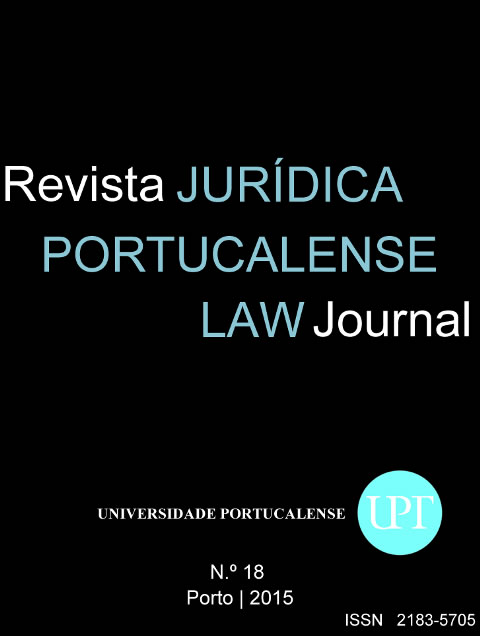The additional act of 1834 and the autonomy of the provinces: a historical and legal analysis about the 1824 constitutional reform under the influence of liberal constitutionalism of the nineteenth century
Abstract
This article aims to address, first, the historical and legal context of the First Empire, more precisely of the Empire constitutional process, from the Constituent Assembly of 1823, dissolved thereafter until the grant of the Constitution of 1824. It is mister analyze these facts, synthetically, to serve as a backdrop to address the political decentralization experiences and the first reform of the Empire Constitution during the Regency period, after the abdication of D. Pedro I, established by the Additional Act of 1834. The first reform the Constitution will be analyzed from the theory of constituent power, to evaluate innovation in the political situation of the country until their return with the Act Interpretation Act Additional 1840.
Downloads
Published
How to Cite
Issue
Section
License
Authors who published in the journal agree to the following terms:
- The Authors grant the Journal the right of first publication, and other non-exclusive publishing rights, licensed under the Creative Commons Attribution License which allows the sharing of work with recognition of its initial publication in this journal.
- Authors are able to take on additional contracts separately, non-exclusive distribution of the version of the paper published in this journal (ex .: publish in an institutional repository or as a chapter in a book), with an acknowledgement of its initial publication in this journal.
- Authors are permitted and encouraged to post and distribute their work online (eg .: in institutional repositories or on their website) at any point before or during the submission process, as it can lead to productive exchanges, as well as increase the impact and the citation of published work (See The Effect of Open Access).
RJP does not apply submission, publication or any other fees of any nature. Its articles are open access, with the goal of disseminating scientific knowledge and the debate of legal topics in the area of Legal Sciences.






